Research-Based Instructional Strategies
These strategies are research-based and tuned for 8th-grade classrooms. Each card includes a short description, citations, and two “Try it” moves you can use tomorrow. Planning & Clarity Setting Goals & Success Criteria Make learning goals visible and pair them with concrete success criteria students can self-check. Evidence: Locke & Latham (2002) · REL Midwest…
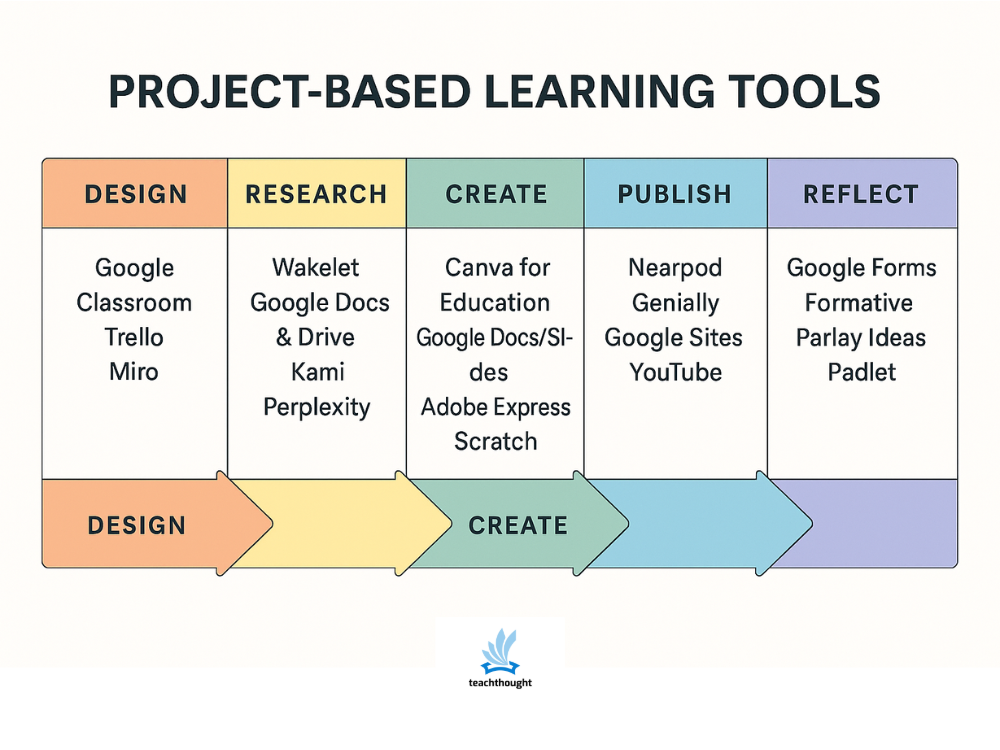
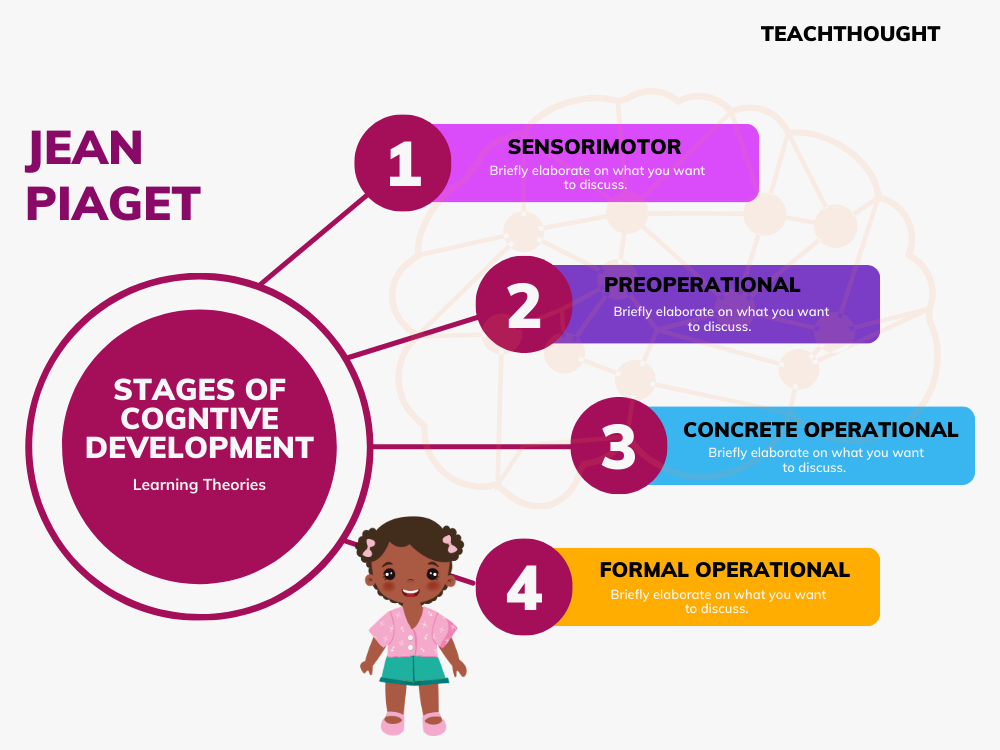
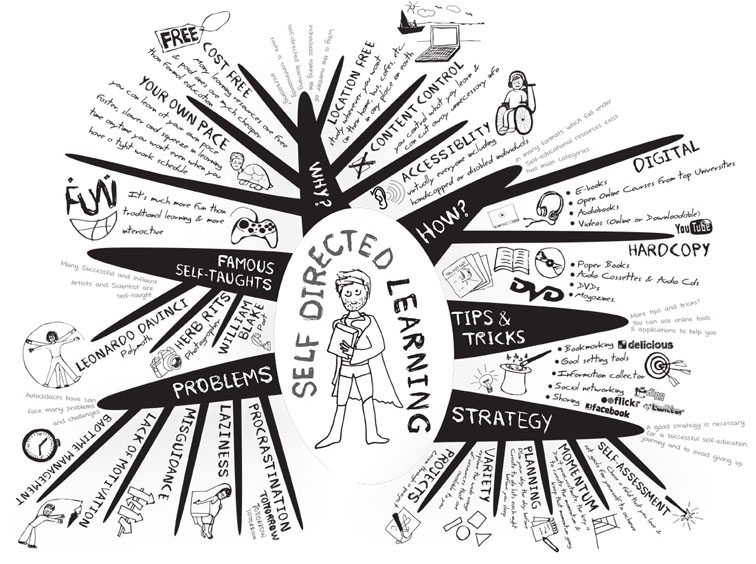
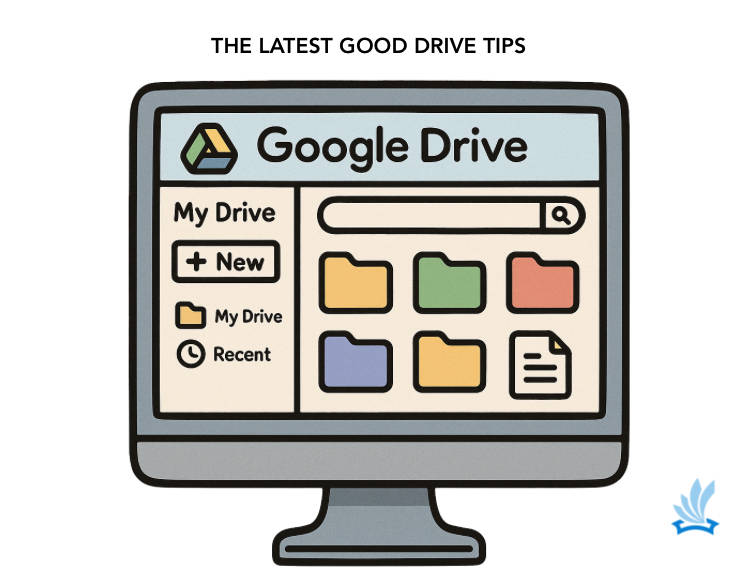
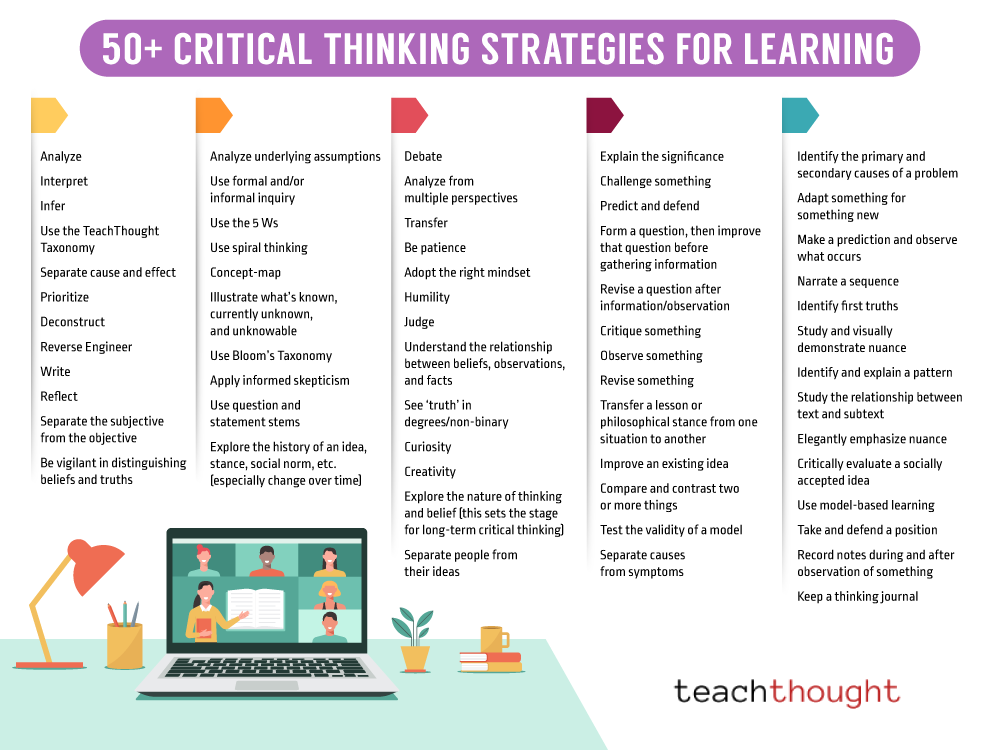

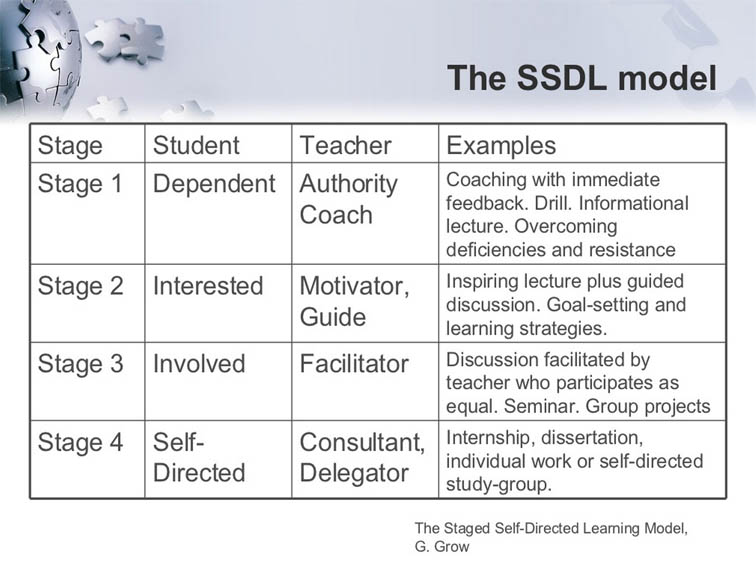
![Research-Based Factors Of A Highly Effective Learning Environment [Updated]](https://www.teachthought.com/wp-content/uploads/2024/03/Research-Based-Factors-Of-A-Highly-Effective-Learning-Environment-768x576.png)